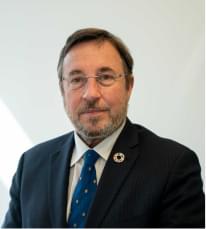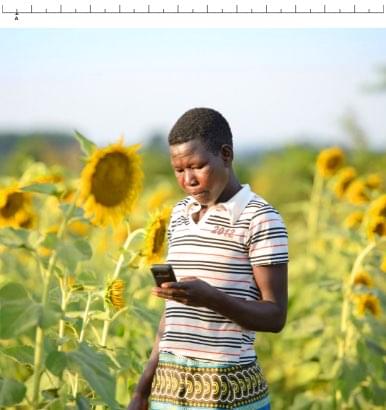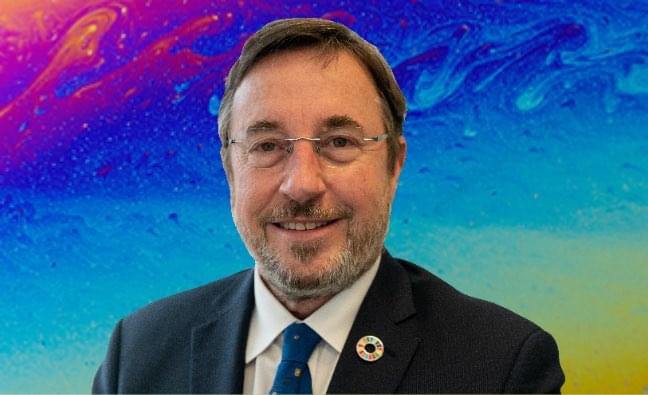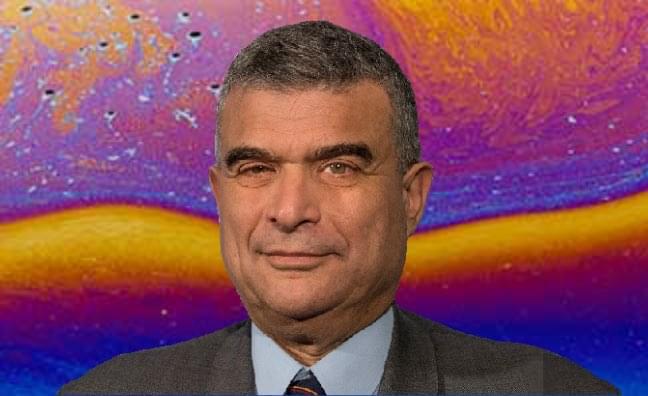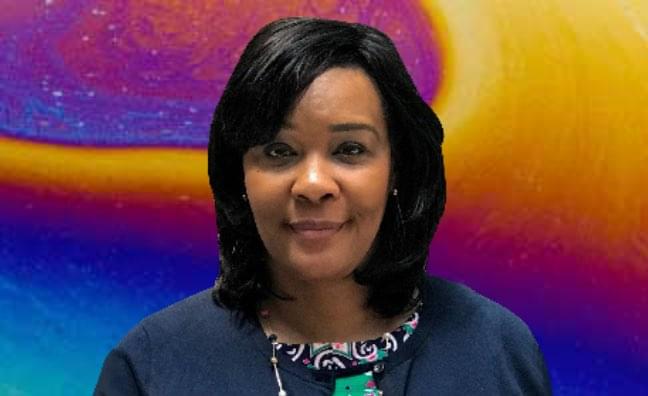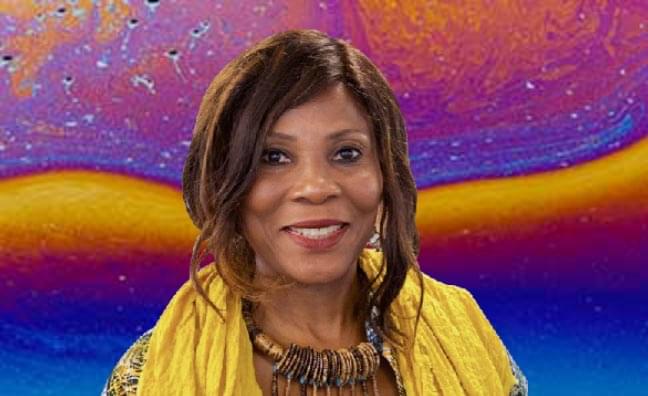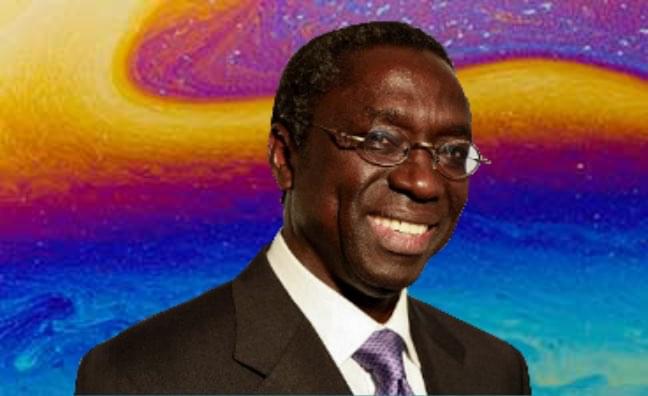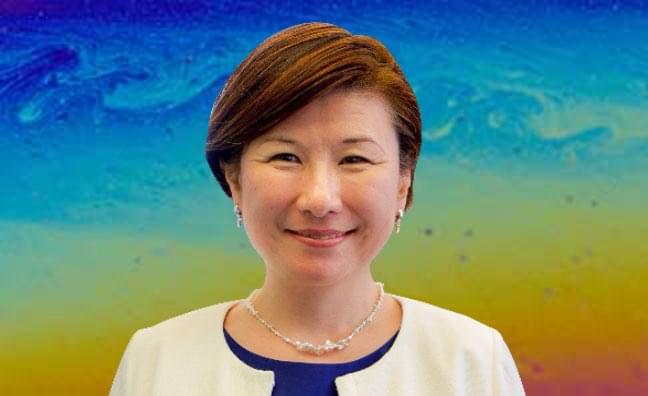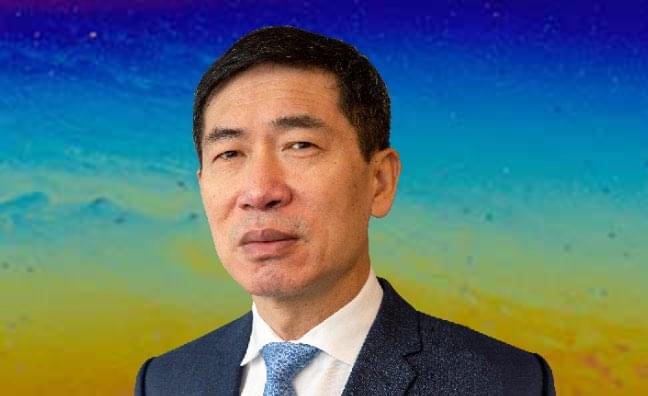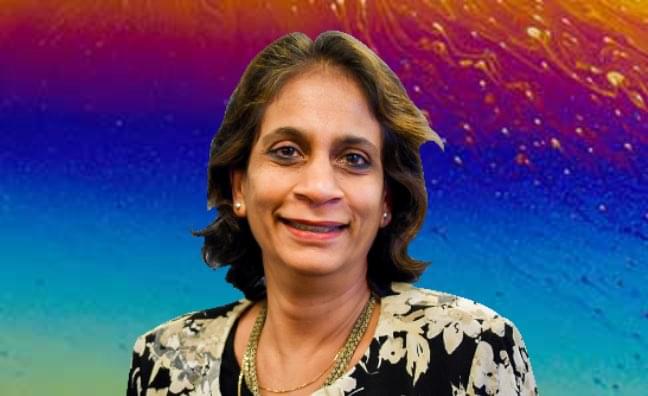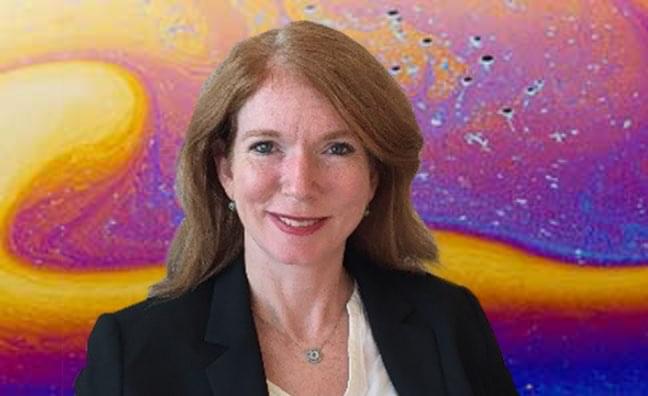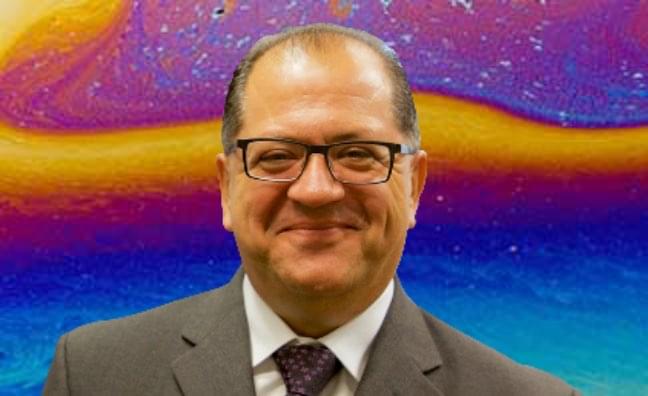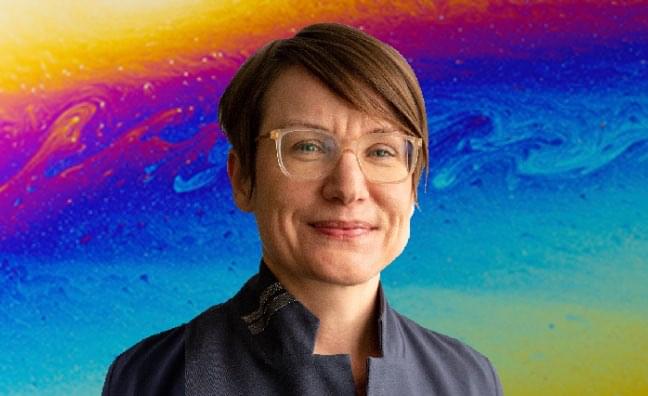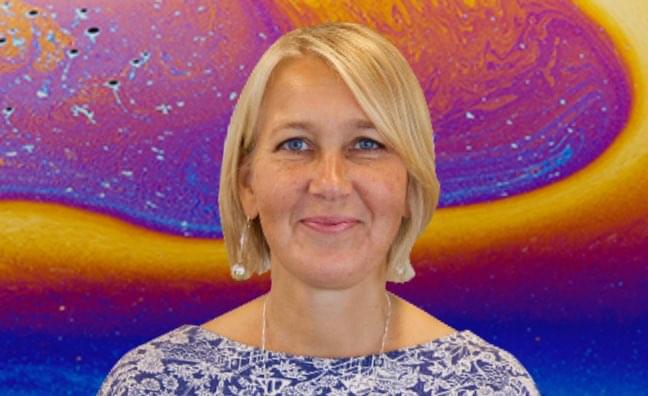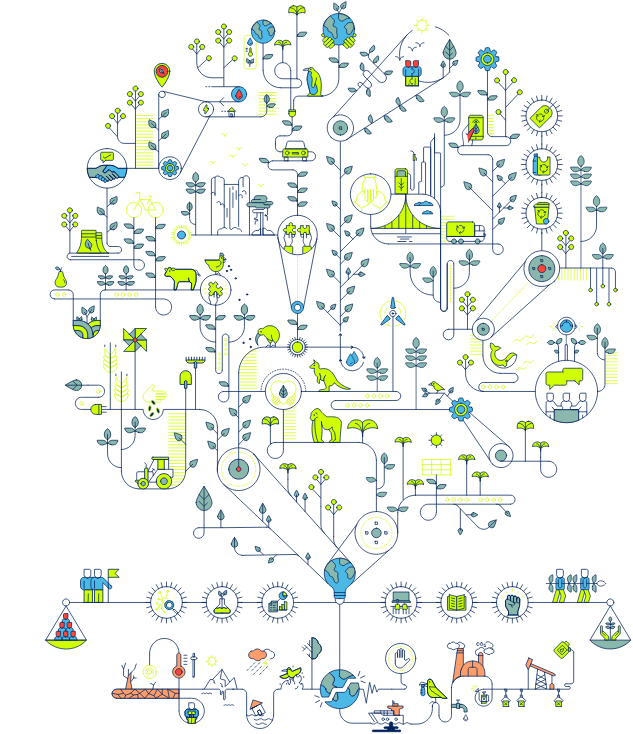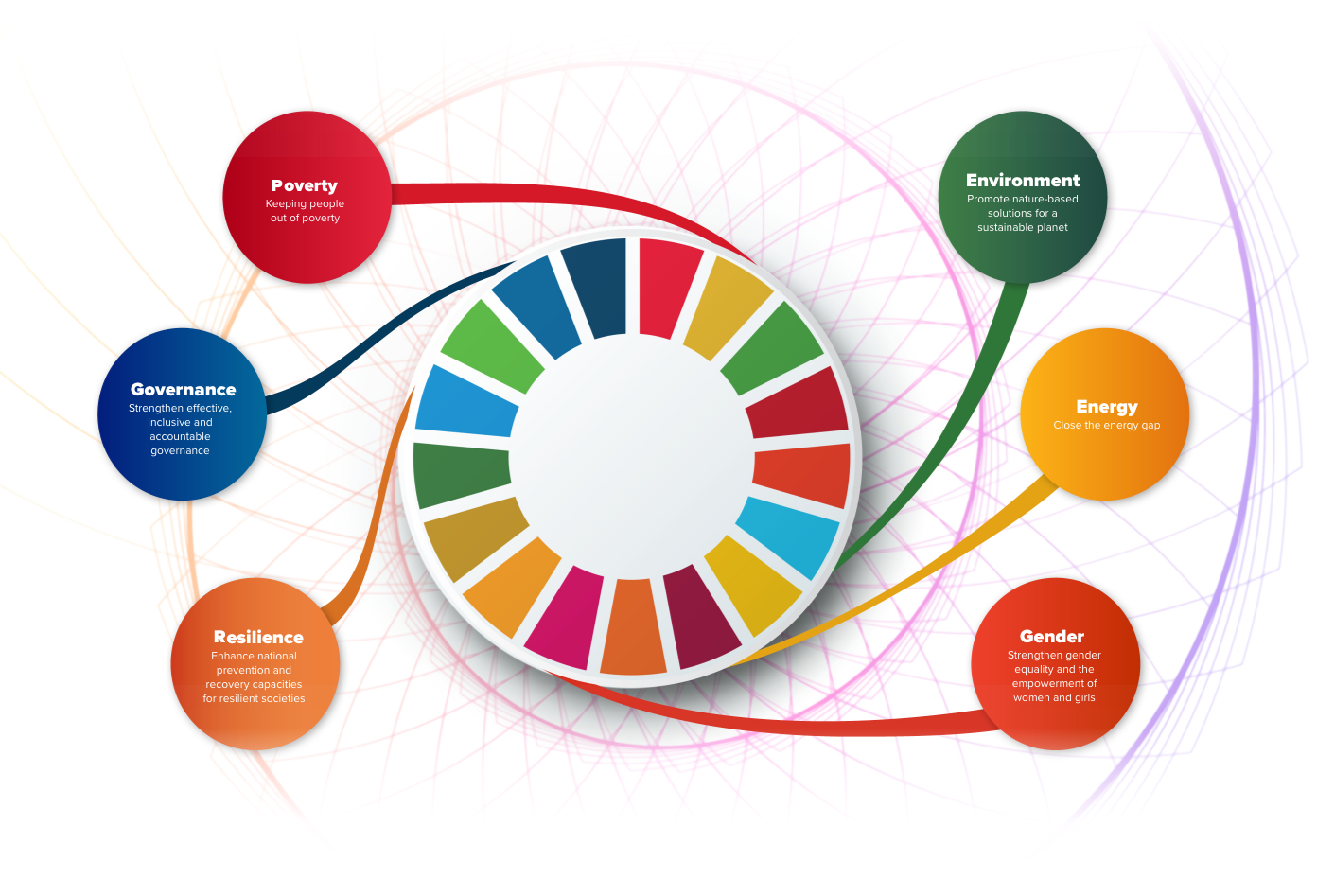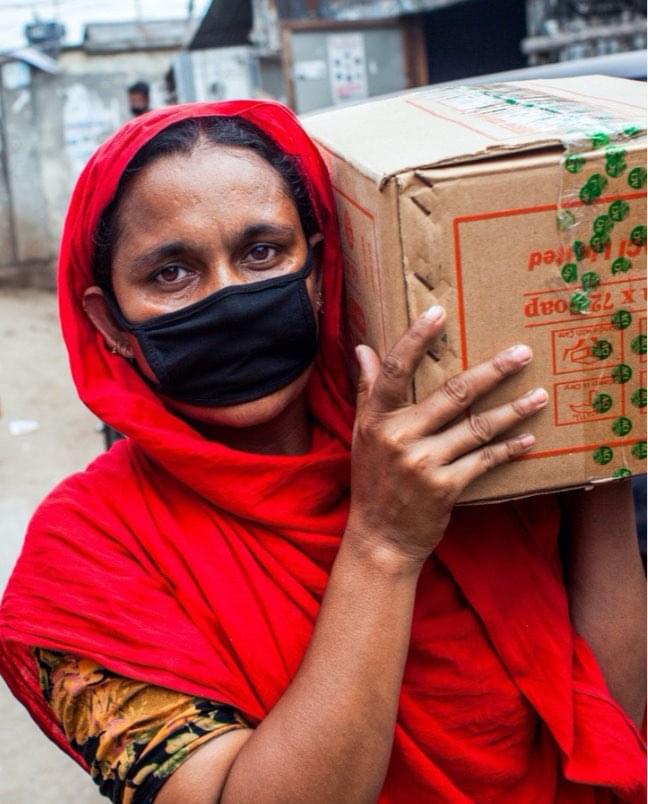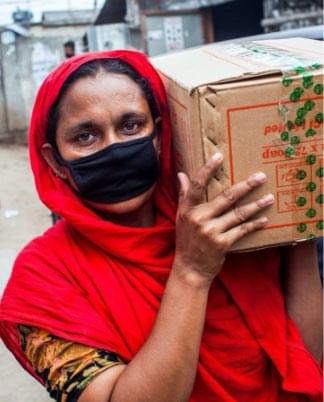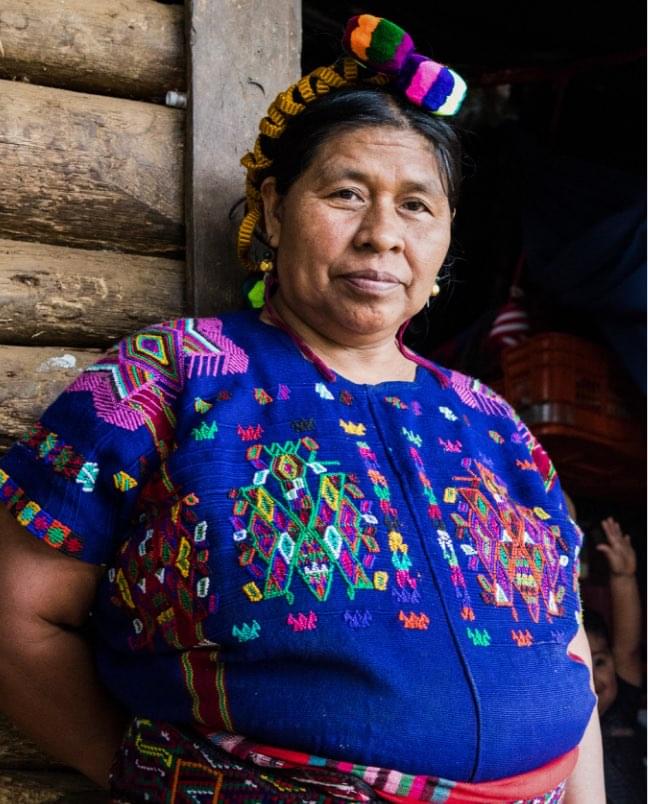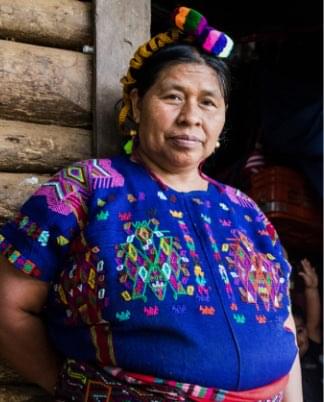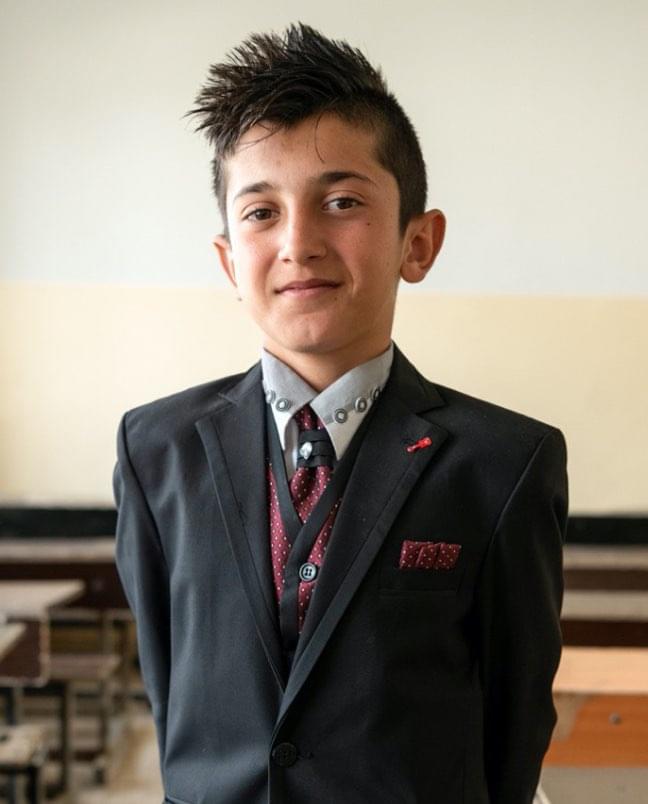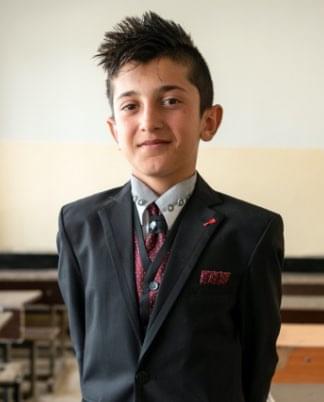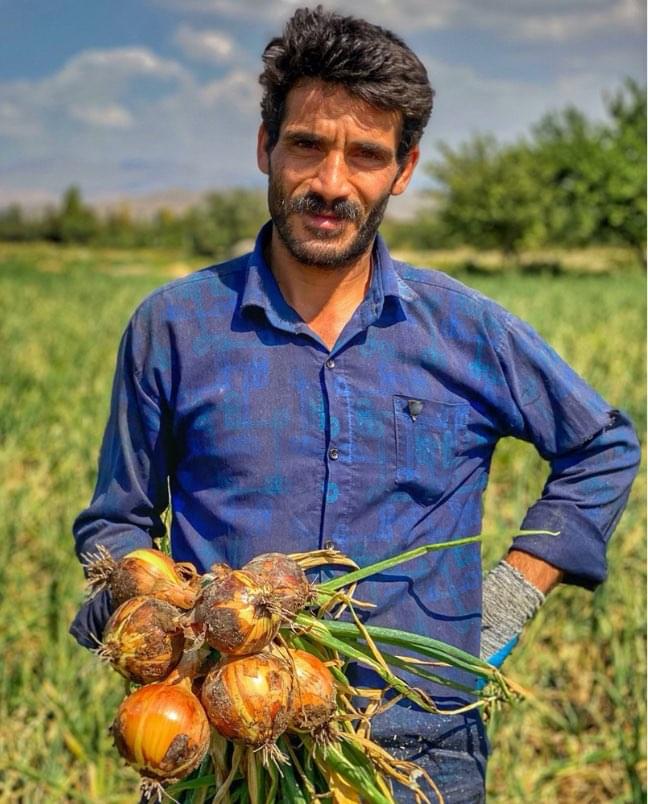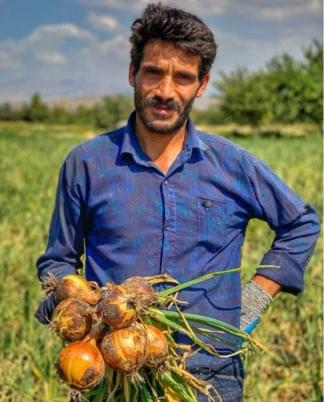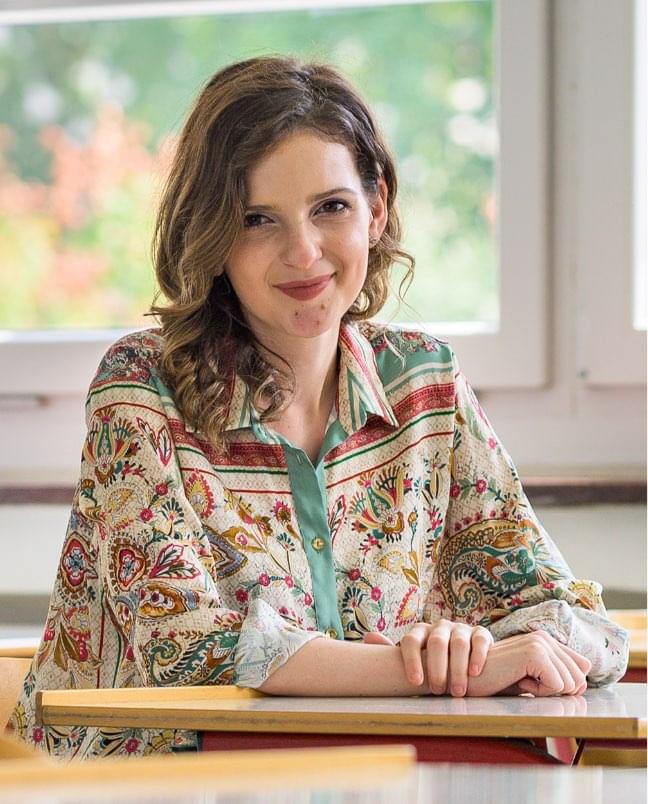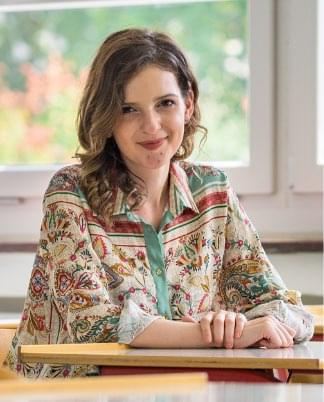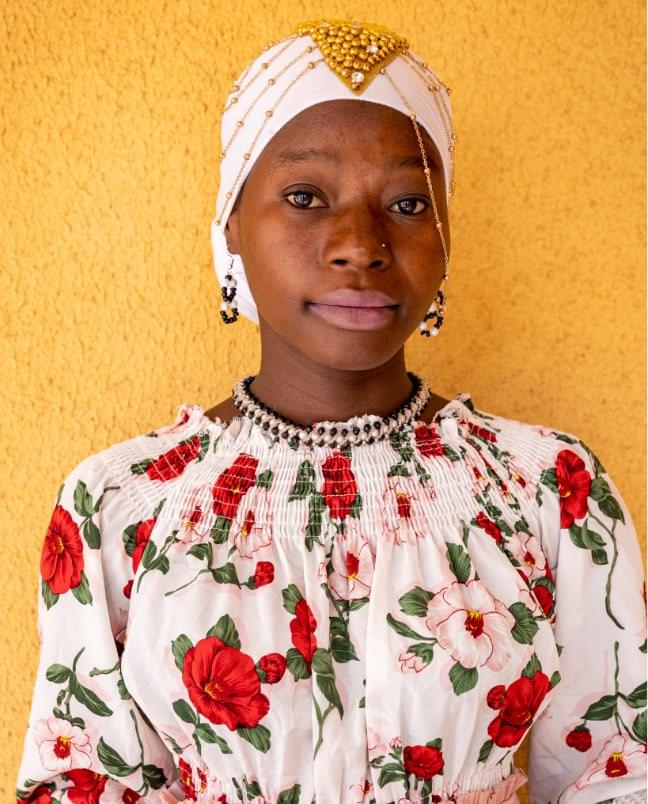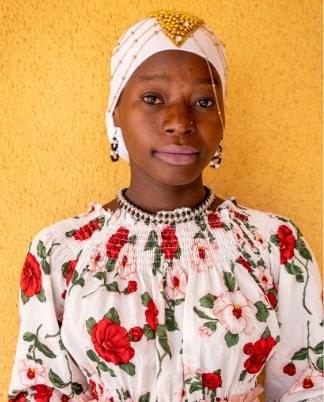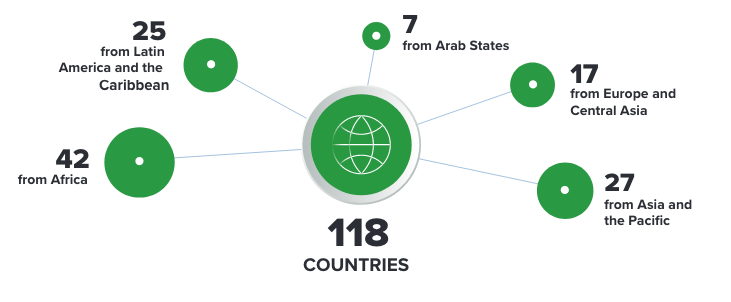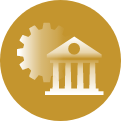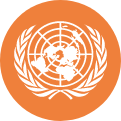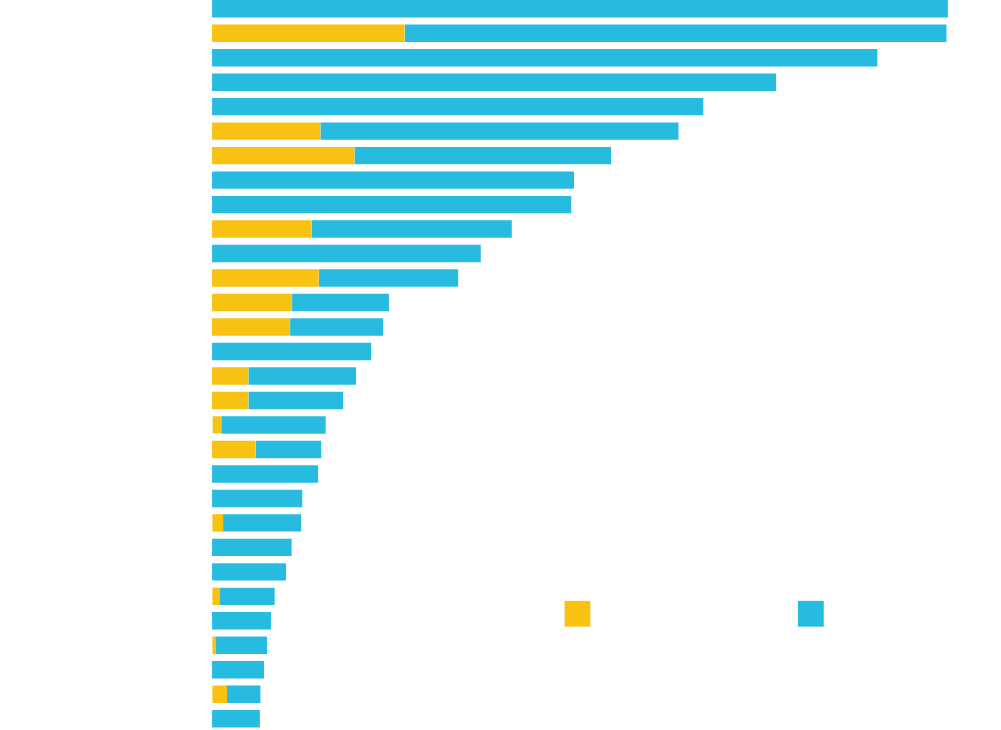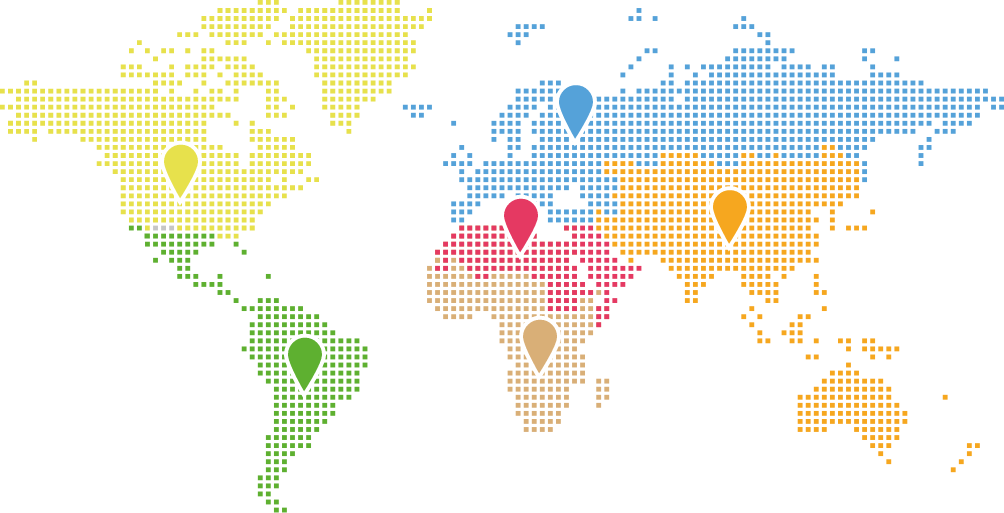Signature solution: Poverty
Because no one should be left behind
As the pandemic laid bare the deep impacts of inequality, UNDP prioritized those most left behind, with increased focus on informal, self-employed, domestic and unpaid care workers, people with disabilities as well as migrant and internally displaced populations.
Extensive, rapid national and subnational analysis was a hallmark of 2020, with UNDP as the technical lead of the UN’s socio-economic response. UNDP’s COVID-19 Data Futures Platform was launched to aid countries’ strategic decision-making. Its Temporary Basic Income simulator shows how much it would cost to lift vulnerable people out of poverty in each of 132 countries.
UNDP significantly stepped up its research and advocacy on the fight against poverty and inequality, bringing compelling data and insight to global policymakers and the public, reinforcing the case for multilateralism and investing in the SDGs.
UNDP supported 82 countries from India to Nigeria to top up or expand social assistance programmes. Technical support from UNDP, UNICEF and GIZ contributed to the Cambodian Government’s first cash transfer for all Cambodians living below the national poverty line, reaching over 670,000 households. The multidimensional poverty index tool developed by UNDP and the Oxford Poverty and Human Development Initiative (OPHI) helped to identify vulnerable homes in El Salvador.
UNDP’s systemic approach to livelihoods delivered on jobs, entrepreneurship and crisis-relief. In Turkey, nearly 3,000 Syrian refugees and host community members found jobs as a result of UNDP interventions. In Iraq, more than 1.2 million people benefited from the rehabilitation of over 300 public infrastructures. To date, 4.6 million people have returned to Iraqi towns and districts with support from the UNDP-led Funding Facility for Stabilization.
We will keep delivering until “no one left behind” means no one.

Safeguarding the most vulnerable first
UNDP, with support from DFID and the Bangladesh government, rolled out $1.5 million in emergency support for 50,000 poor urban families. The project recruited 1200 community workers to install thousands of handwashing facilities, while able to sensitize and build capacities of health officials and volunteers in 20 cities.
Photo: UNDP Bangladesh/Fahad Kaizer

35
million
people around the world got access to basic services (2018-2020)

27
million
people gained access to financial services with UNDP support

97
countries
received a total of 144 impact assessments
